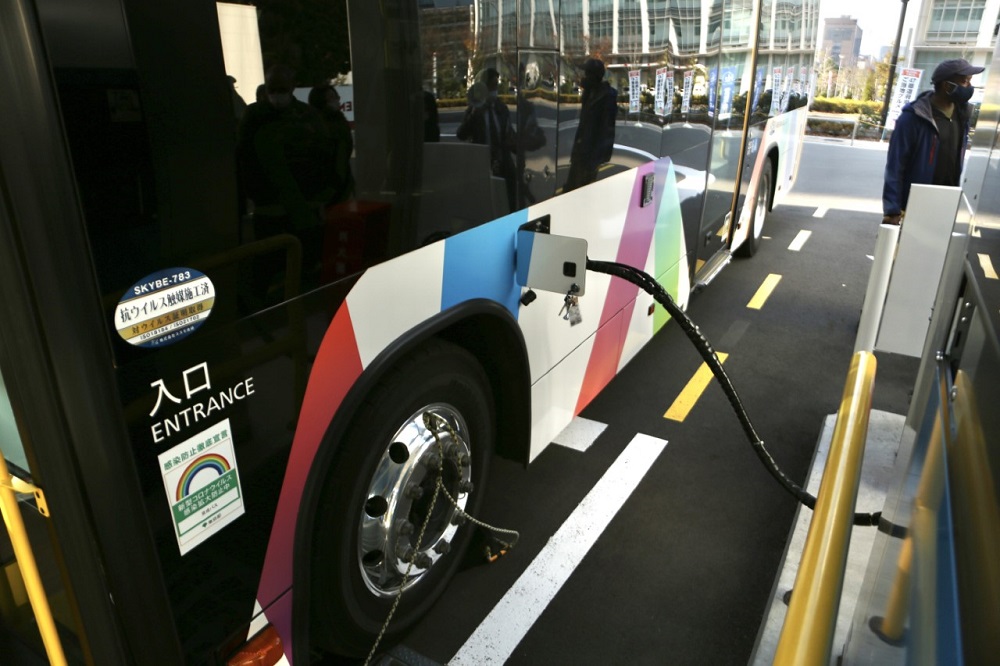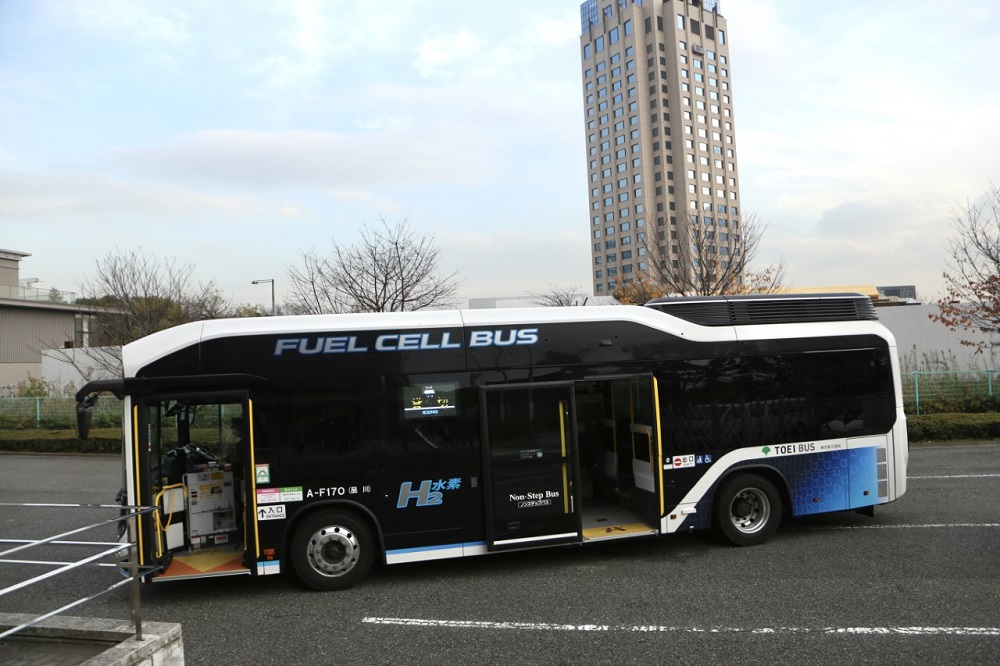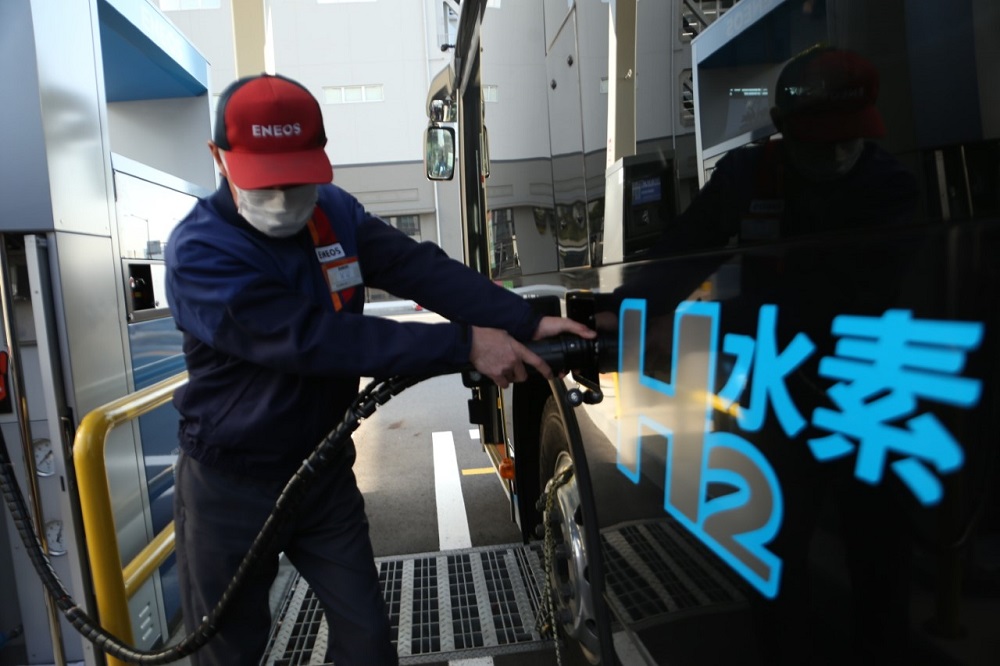





Arab News Japan
Hydrogen-powered buses will be the norm in Tokyo as the city intends to equip more than 300 buses with hydrogen fuel cells by 2030.
Currently there are 85 hydrogen-powered buses, 70 owned by the city of Tokyo and 15 owned by the private sector.
In a press briefing on Thursday, speakers from the Tokyo Metropolitan Government detailed the promotion of hydrogen as an energy source to power vehicles and accomplish the process of decarbonizing society.
In partnership with the Fukushima region, which produces hydrogen in the largest factory in the world to supply vehicle batteries, the city of Tokyo intends to equip more than 300 buses by 2030.
According to Sachi Ikegami, director for the promotion of hydrogen at the office of climate change of the metropolitan government of Tokyo, the city is also considering equipping the trucks that transport household garbage with hydrogen fuel cells.
Since former Tokyo mayor Shintaro Ishihara started to think about the process of decontaminating the city’s vehicles, Tokyo has endeavored to take into account the phenomenon of global warming and find solutions using renewable energy sources.
Since 2017, hydrogen is one of those options and this has accelerated since the Olympic Games because the use of this energy source does not emit any carbon dioxide. It also has advantages in terms of production costs and remains safe if used correctly. Buses can also travel long distances with hydrogen fuel.
Hydrogen is obtained either by reforming gas or by electrolysis of water or by photosynthesis.
Tokyo intends to diversify its sources of supply, and according to Ikegami, biomass and renewables are mainly envisaged to generate electricity that enables electrolysis of water.